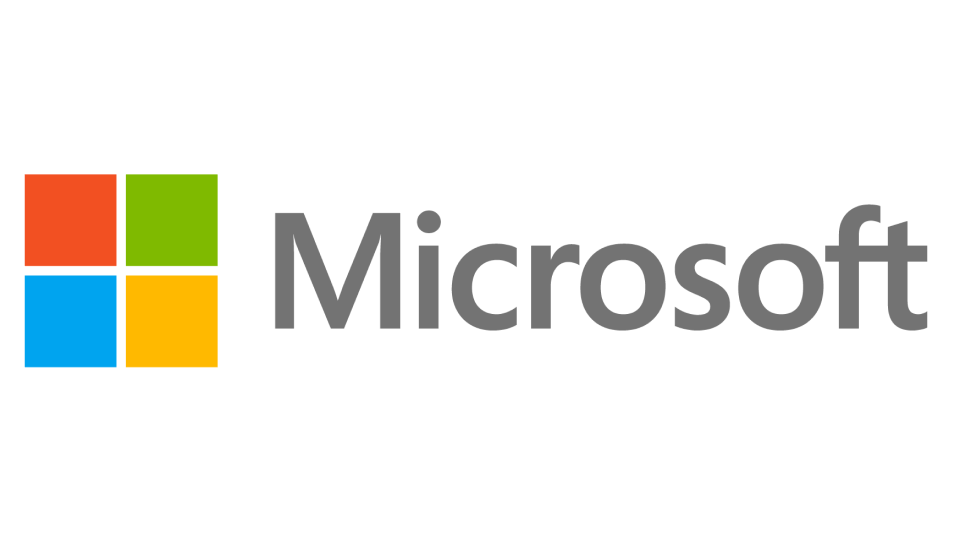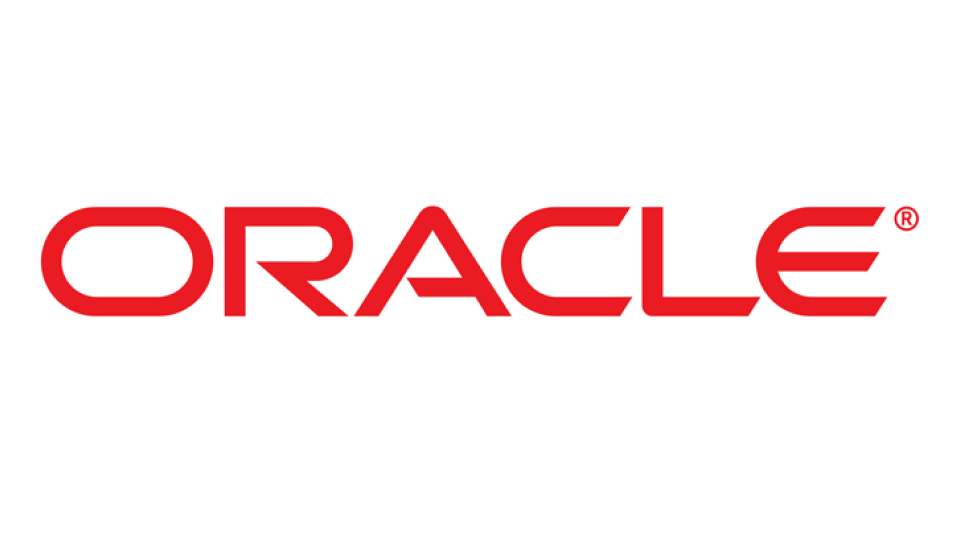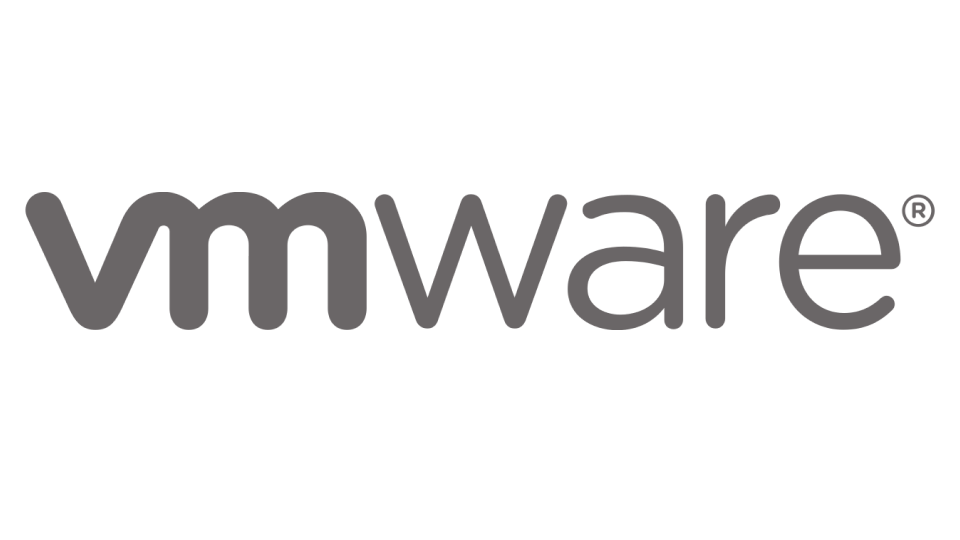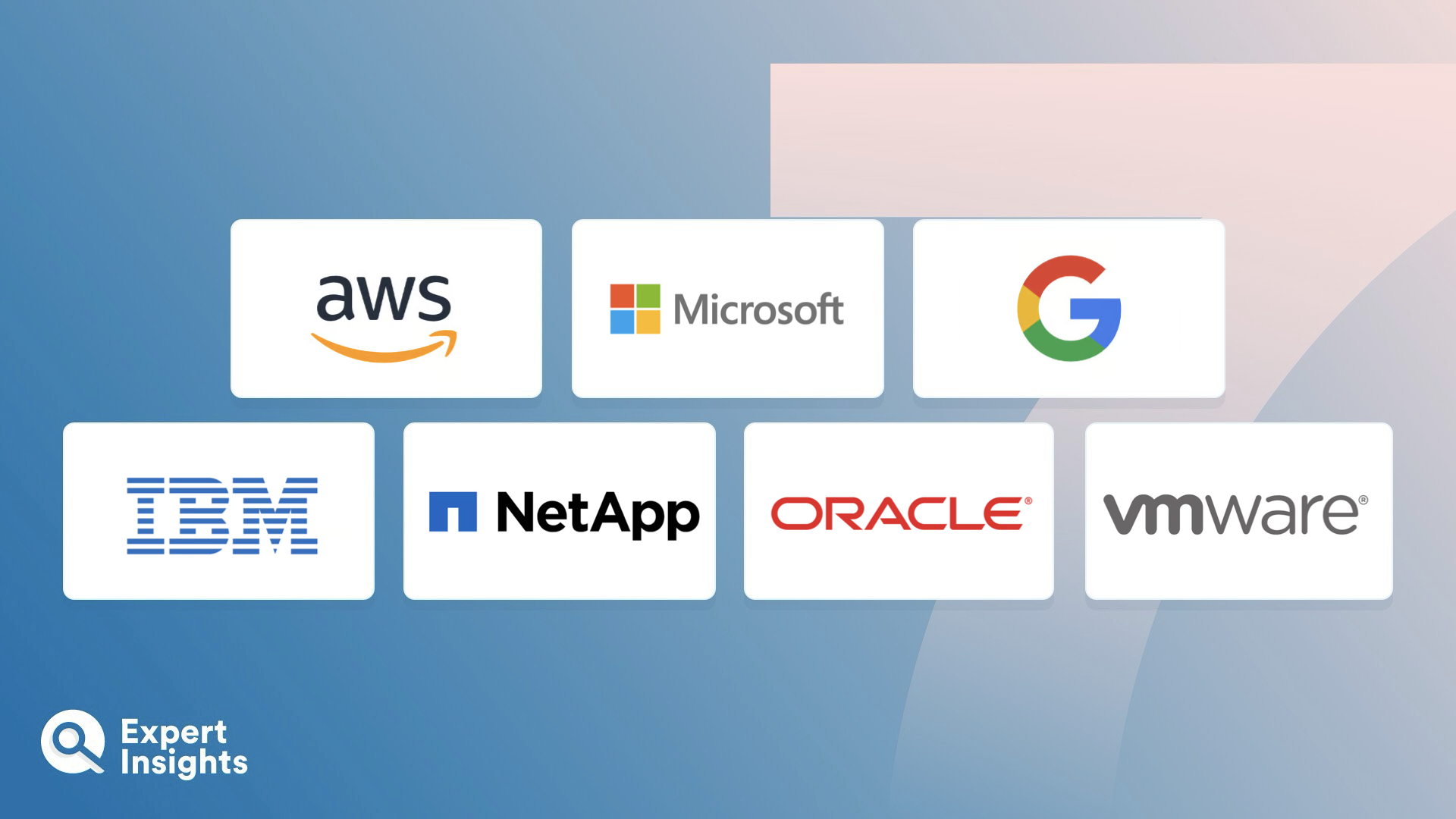Hybrid cloud solutions offer businesses the cost-effectiveness and scalability of cloud computing, without having to give up the privacy and security of hosting sensitive assets on their private, on-site servers. The hybrid cloud model combines public clouds and private cloud services, allowing businesses to move workloads between the cloud systems as needed. This reduces the cost of managing and maintaining IT systems, improves disaster recovery and business continuity, provides businesses with more control over where their data resides, increases scalability, allows for flexibility, and optimizes performance.
Hybrid cloud solutions are delivered by cloud infrastructures providers. They work by establishing connections between on-site and off-site IT environments, then enabling IT teams to split workloads across these environments. So, the public and private clouds remain are distinct and independent, but IT teams can move data and apps between them for greater flexibility and deployment options, and centrally manage policies for unified governance, orchestration, and security.
In this article, we’ll explore the top hybrid cloud solutions designed to help you leverage a combination of public cloud, private cloud, and on-premises resources. We’ll highlight the key use cases and features of each solution, including integration capabilities, load balancing, workload management, networking, scalability, security, and compliance.













